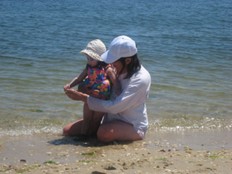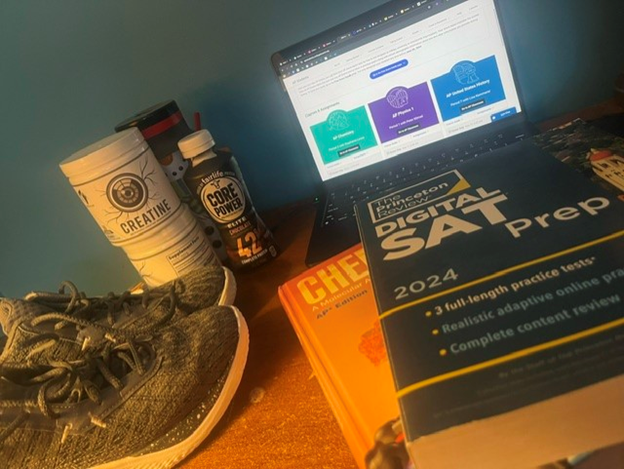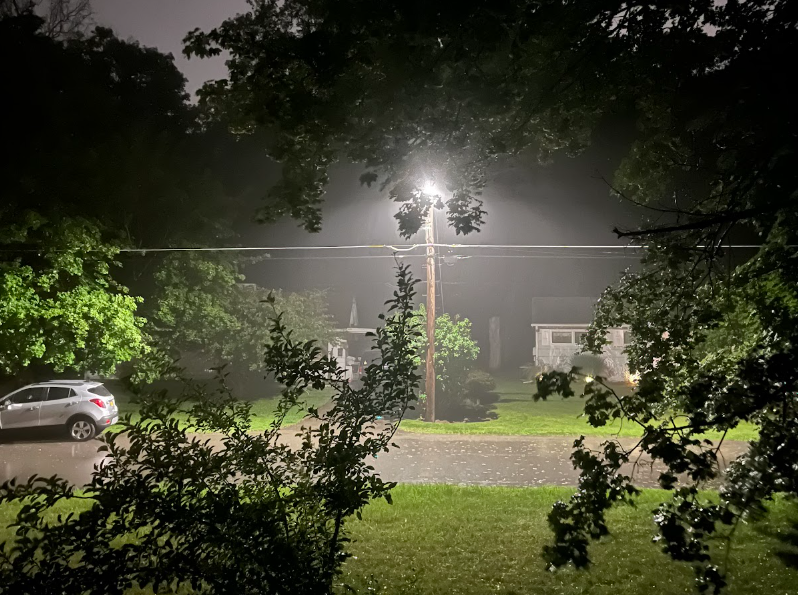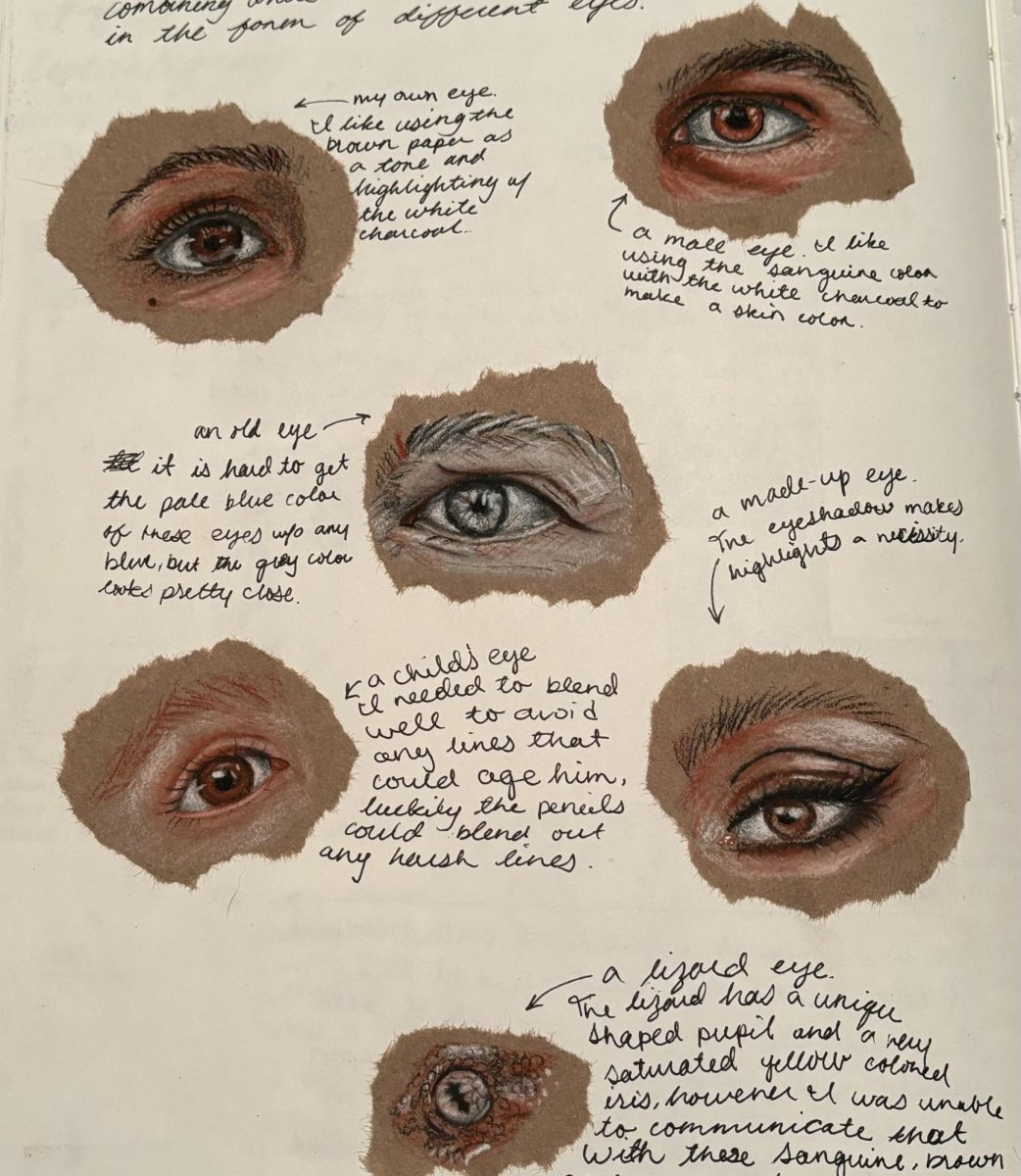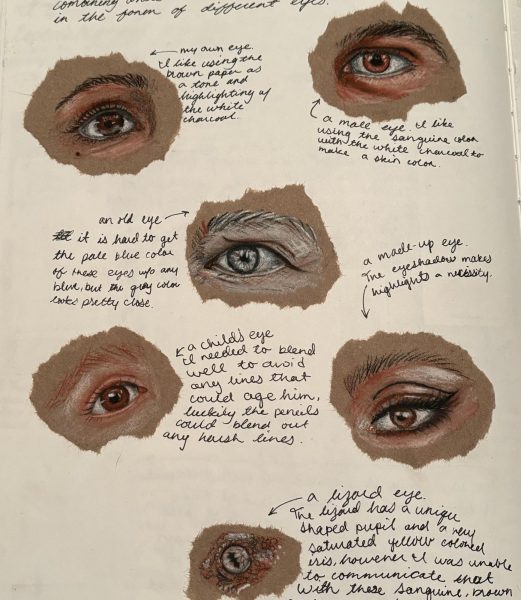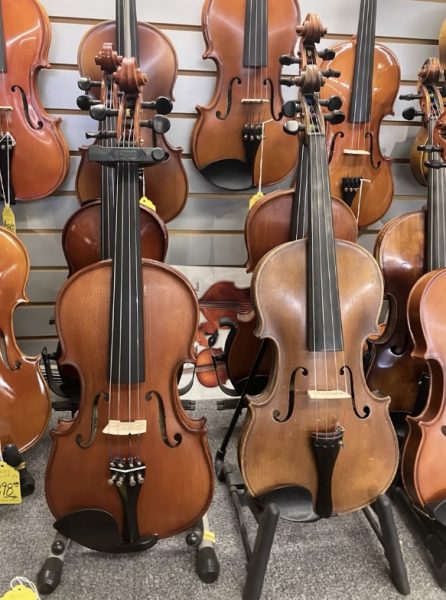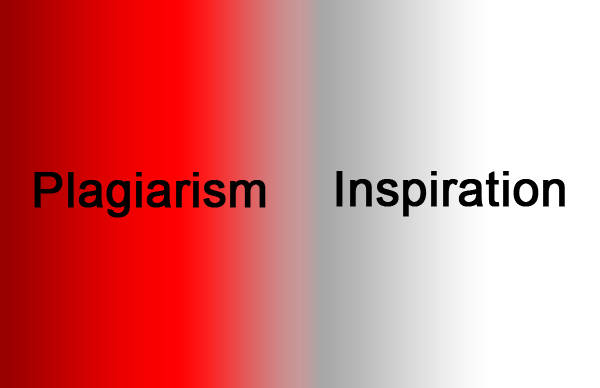The History of IB in VHS

May 15, 2023
As many students take the dreaded AP/IB exams this May, some wonder how such a program was implemented in our school. While some are excited about the possibilities of success, others are critical of the future the IB program holds. After looking into the History of the IB program and interviewing the Vestal IB coordinator, Mr. Dunham, I hope that some of your concerns and questions are answered.
The International Baccalaureate (IB), previously International Baccalaureate Organization (IBO), was established in 1968 in Geneva, Switzerland. Its goal was to give a standardized education that was of university quality. Its programs stretch from high school students to kids who are three years old. The IBO reformed the educational curriculum to “develop a peaceful world through education,” according to the IB mission statement.
What about IB’s history in Vestal? The IB program started in Vestal about 25 years ago, just after Binghamton High School implemented the program in their school. “There was a desire among students and staff to offer the most rigorous diploma available,” shares Mr. Dunham, who is the VHS IB coordinator, as well as an IB HL English instructor. According to Mr. Dunham, Vestal had to go through a rigorous process to become an IB school. Various IB standards and criteria had to be met to be approved by the IBO.
When asked to assess the impact of the IB program at Vestal, Mr. Dunham notes, “Families are drawn to Vestal for its culture and internationalism, strong academics, family engagement, and welcoming, community-based schools. The IB curriculum strongly influences this culture.” The IB diploma is widely represented in the High School through small signs talking about an IB diploma candidates’ qualities, such as inquisitiveness, compassion, and intelligence. Even the back of the school ID badges has evidence of the IB impact on the school.
As IB coordinator, Mr. Dunham has been attempting to implement the philosophical ideals of the IBO into school teaching and learning. One such example is reaching out to community service organizations such as the Discovery Center and CHOW. Similarly, Mr. Dunham has been promoting leadership skills and increasing leadership opportunities.
When asked about the future of IB, Mr. Dunham reassures, “The future looks very bright for a curriculum that prepares students for an increasingly complex and multifaceted world. As career opportunities continue to change at lightning speed, IB is the most appropriate curriculum for providing intellect and versatility that will be required later in their lives.”

